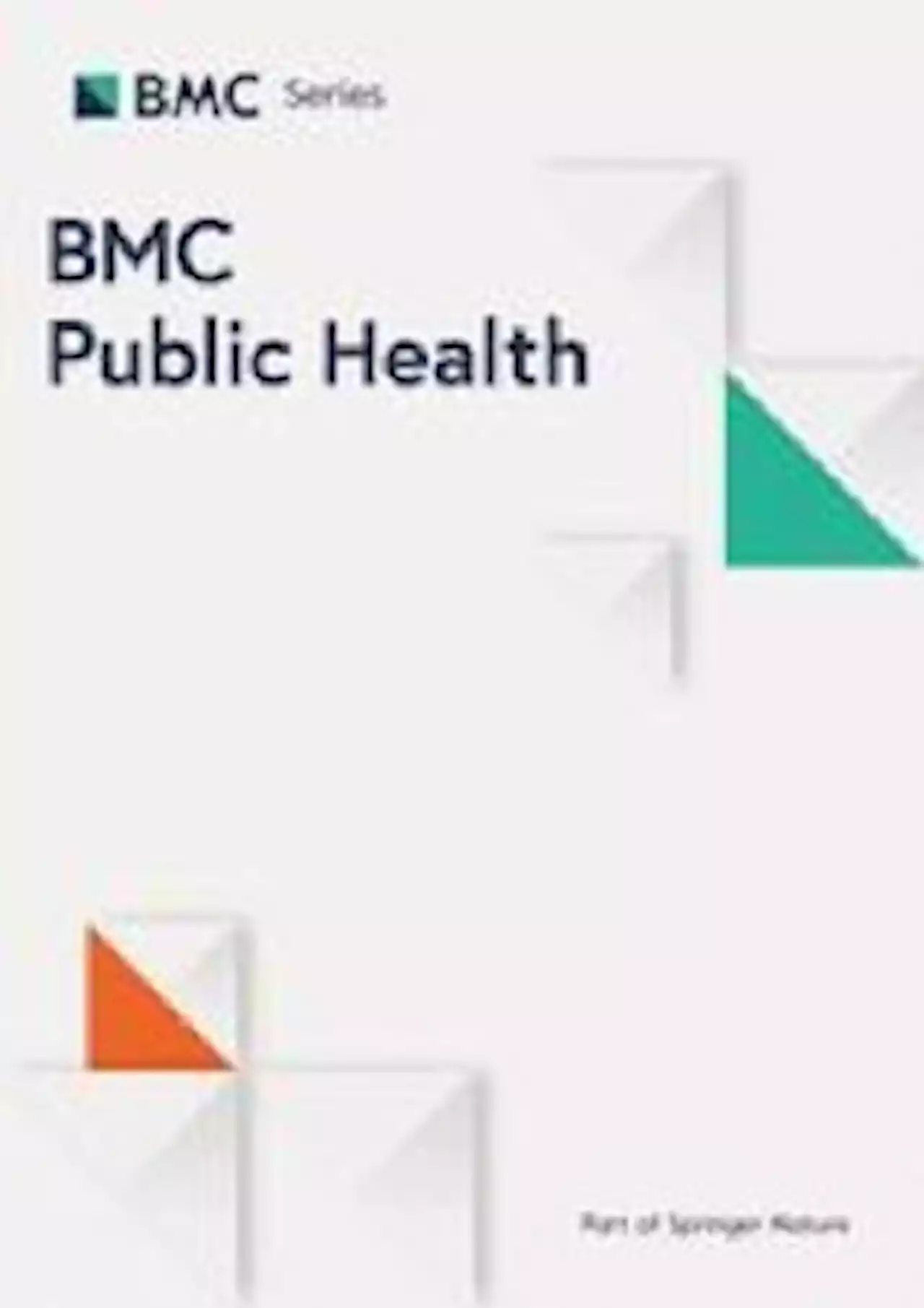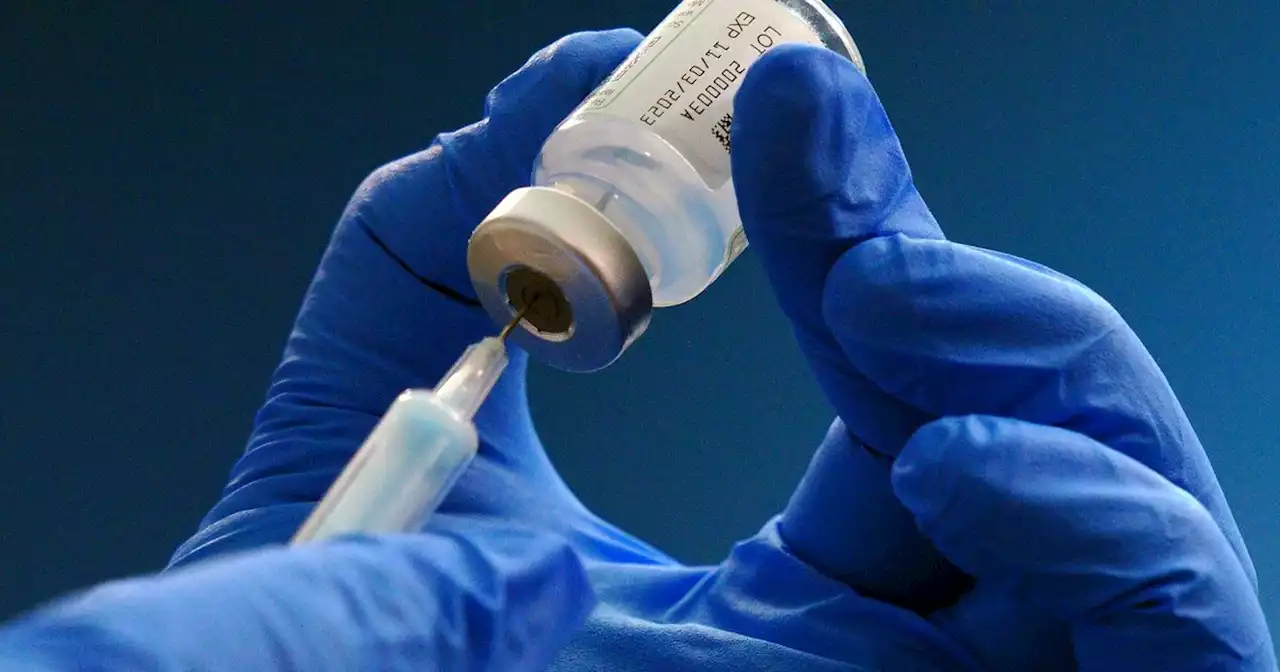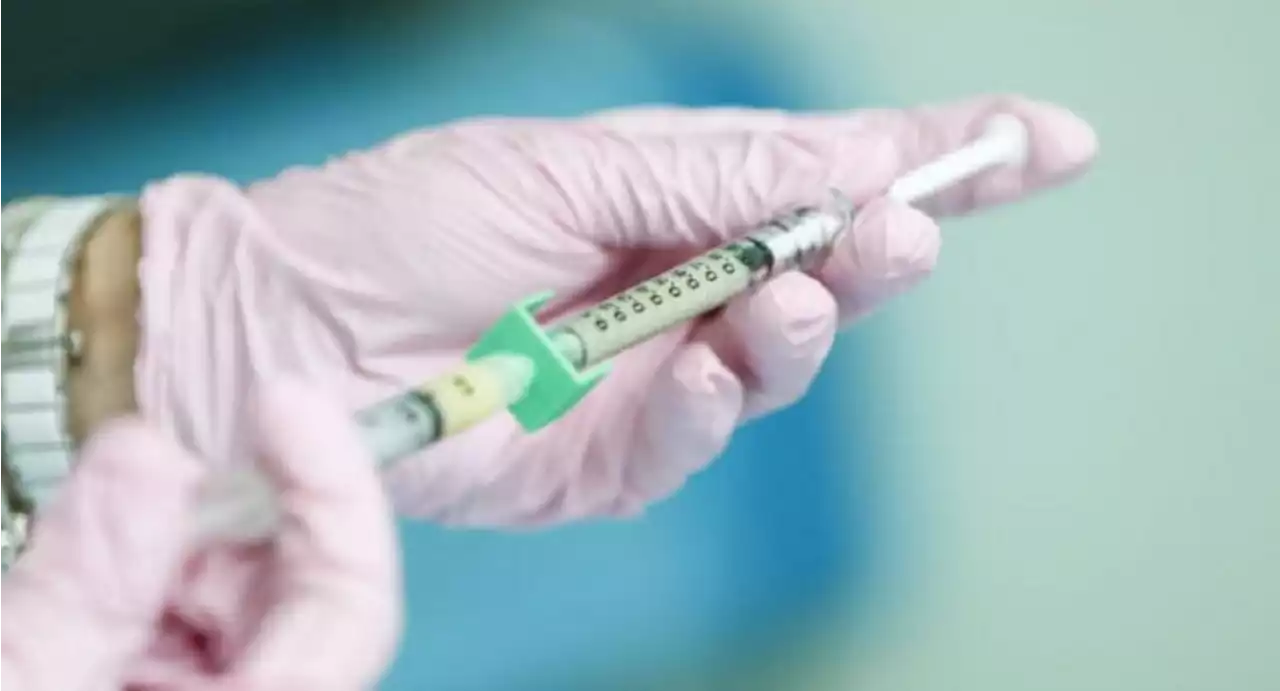Altered T-cell response in hemodialysis patients following third COVID-19 vaccine dose Cell Coronavirus Disease COVID TCell Vaccine hemodialysis biorxivpreprint UMontreal mcgillu
By Dr. Priyom Bose, Ph.D.Sep 13 2022Reviewed by Benedette Cuffari, M.Sc. The global impact of the severe acute respiratory syndrome coronavirus 2 , the causal agent of the coronavirus disease 2019 pandemic, has been immense, especially for the healthcare sector and economy. To date, the pandemic has claimed more than 6.5 million lives worldwide.
Background Vaccination against COVID-19 vaccines has significantly reduced the severity of SARS-CoV-2 infection. COVID-19 vaccines based on the messenger ribonucleic acid technology elicit a robust humoral and cellular immune response, especially in their ability to recruit T helper and B-cells. However, mRNA vaccines induce a weak CD8+ T-cell response.
A delayed immune response affecting B and T lymphocytes, dendritic cells, monocytes, and neutrophils has been observed due to uremia toxins and blood-membrane interactions during dialysis. Importantly, higher or multiple vaccine doses are effective strategies against influenza and HBV in this patient population.
Study findings A third COVID-19 vaccine dose is crucial for HD patients to induce B-cell expansion and maturation equal to that of the control group. Previous high-dimensional functional assays have shown that TH responses in patients undergoing HD are phenotypically and functionally skewed; however, no changes in quantitative levels were observed in the current study.
Strong antigen-specific CD4+ T-cell responses were observed in HD patients vaccinated against COVID-19. However, a quantitative difference was found between HD and control groups. Receipt of a third dose of the COVID-19 vaccine was characterized by the regularization of the effector function profile as compared to controls.
South Africa Latest News, South Africa Headlines
Similar News:You can also read news stories similar to this one that we have collected from other news sources.
 Health behaviours the month prior to COVID-19 infection and the development of self-reported long COVID and specific long COVID symptoms: a longitudinal analysis of 1581 UK adults - BMC Public HealthBackground Demographic and infection-related characteristics have been identified as risk factors for long COVID, but research on the influence of health behaviours (e.g., exercise, smoking) immediately preceding the index infection is lacking. The aim of this study was to examine whether specific health behaviours in the month preceding infection with COVID-19 act as upstream risk factors for long COVID as well as well as three specific long COVID symptoms. Methods One thousand five hundred eighty-one UK adults from the UCL COVID-19 Social Study and who had previously been infected with COVID-19 were analysed. Health behaviours in the month before infection were weekly exercise frequency, days of fresh air per week, sleep quality, smoking, consuming more than the number of recommended alcoholic drinks per week (| 14), and the number of mental health care behaviours (e.g., online mental health programme). Logistic regressions controlling for covariates (e.g., COVID-19 infection severity, socio-demographics, and pre-existing health conditions) examined the impact of health behaviours on long COVID and three long COVID symptoms (difficulty with mobility, cognition, and self-care). Results In the month before infection with COVID-19, poor quality sleep increased the odds of long COVID (odds ratio [OR]: 3.53; (95% confidence interval [CI]: 2.01 to 6.21), as did average quality sleep (OR: 2.44; 95% CI: 1.44 to 4.12). Having smoked (OR: 8.39; 95% CI: 1.86 to 37.91) increased and meeting recommended weekly physical activity guidelines (3h hours) (OR: 0.05; 95% CI: 0.01 to 0.39) reduced the likelihood of difficulty with self-care (e.g., washing all over or dressing) amongst those with long COVID. Conclusions Results point to the importance of sleep quality for long COVID, potentially helping to explain previously demonstrated links between stress and long COVID. Results also suggest that exercise and smoking may be modifiable risk factors for preventing the development of d
Health behaviours the month prior to COVID-19 infection and the development of self-reported long COVID and specific long COVID symptoms: a longitudinal analysis of 1581 UK adults - BMC Public HealthBackground Demographic and infection-related characteristics have been identified as risk factors for long COVID, but research on the influence of health behaviours (e.g., exercise, smoking) immediately preceding the index infection is lacking. The aim of this study was to examine whether specific health behaviours in the month preceding infection with COVID-19 act as upstream risk factors for long COVID as well as well as three specific long COVID symptoms. Methods One thousand five hundred eighty-one UK adults from the UCL COVID-19 Social Study and who had previously been infected with COVID-19 were analysed. Health behaviours in the month before infection were weekly exercise frequency, days of fresh air per week, sleep quality, smoking, consuming more than the number of recommended alcoholic drinks per week (| 14), and the number of mental health care behaviours (e.g., online mental health programme). Logistic regressions controlling for covariates (e.g., COVID-19 infection severity, socio-demographics, and pre-existing health conditions) examined the impact of health behaviours on long COVID and three long COVID symptoms (difficulty with mobility, cognition, and self-care). Results In the month before infection with COVID-19, poor quality sleep increased the odds of long COVID (odds ratio [OR]: 3.53; (95% confidence interval [CI]: 2.01 to 6.21), as did average quality sleep (OR: 2.44; 95% CI: 1.44 to 4.12). Having smoked (OR: 8.39; 95% CI: 1.86 to 37.91) increased and meeting recommended weekly physical activity guidelines (3h hours) (OR: 0.05; 95% CI: 0.01 to 0.39) reduced the likelihood of difficulty with self-care (e.g., washing all over or dressing) amongst those with long COVID. Conclusions Results point to the importance of sleep quality for long COVID, potentially helping to explain previously demonstrated links between stress and long COVID. Results also suggest that exercise and smoking may be modifiable risk factors for preventing the development of d
Read more »
 Long-COVID in adults and Ontario's expected burdenLong-COVID in adults and Ontario's expected burden Coronavirus Disease COVID PASC LongCOVID Ontario Canada COVIDSciOntario
Long-COVID in adults and Ontario's expected burdenLong-COVID in adults and Ontario's expected burden Coronavirus Disease COVID PASC LongCOVID Ontario Canada COVIDSciOntario
Read more »
 Concern Over Covid Boosters And Baby Scans Cancelled For Queen’s FuneralGPs warn of healthcare 'nightmare' as many 'non-urgent' services shut on September 19.
Concern Over Covid Boosters And Baby Scans Cancelled For Queen’s FuneralGPs warn of healthcare 'nightmare' as many 'non-urgent' services shut on September 19.
Read more »
 How to book Covid booster as autumn top-up vaccinations open to 65s and overThe NHS Covid vaccine service is also now offering appointments to carers and pregnant women
How to book Covid booster as autumn top-up vaccinations open to 65s and overThe NHS Covid vaccine service is also now offering appointments to carers and pregnant women
Read more »
 Covid-19 booster vaccine rollout continues in Preston and LancashireVaccine boosters are being rolled out Pic: Pixabay Those aged 75 and over, or with a weakened immune system can now book their appointment for the new boost
Covid-19 booster vaccine rollout continues in Preston and LancashireVaccine boosters are being rolled out Pic: Pixabay Those aged 75 and over, or with a weakened immune system can now book their appointment for the new boost
Read more »
 Brain injury a common consequence of both COVID-19 and influenzaIn a recent study published in the journal Brain, researchers reported that brain injury is common in coronavirus disease 2019 (COVID-19) and influenza.
Brain injury a common consequence of both COVID-19 and influenzaIn a recent study published in the journal Brain, researchers reported that brain injury is common in coronavirus disease 2019 (COVID-19) and influenza.
Read more »
